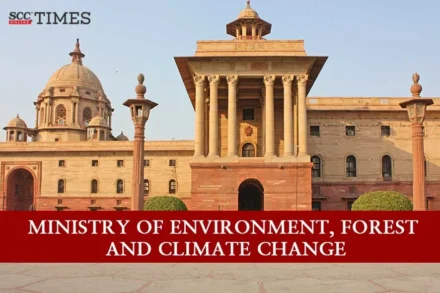
MoEF notifies Rules for End-of-Life Vehicles to minimize waste and pollution
Any vehicle which becomes an End-of-Life vehicle cannot be kept for more than 180 days.

Any vehicle which becomes an End-of-Life vehicle cannot be kept for more than 180 days.
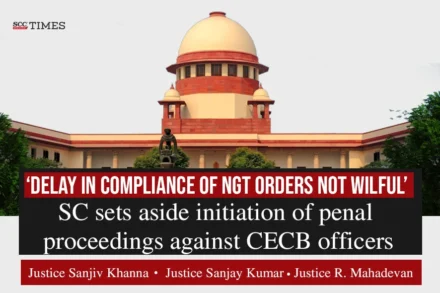
The Court emphasised that every State organ, and particularly the wings of the Government associated with environment protection, such as the CECB, must be even more diligent in ensuring timely compliance with the directions of the NGT.
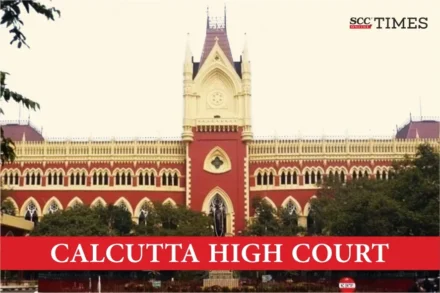
Admittedly, the Puja Committee did not obtain prior permission of various departments before illegally cutting, pruning, trimming and destruction of trees which are in public places, and which are also being classified as non-forest area.
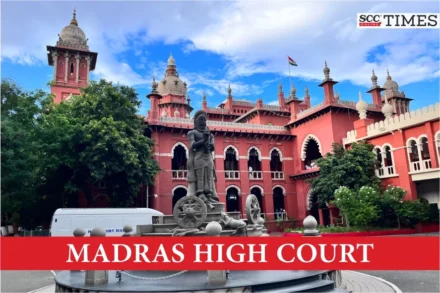
“Water bodies belong to the society. Their ownership may technically rest in local bodies/departments/government. But they are a gift of nature and have to be available not only for human beings but also animals and birds.”
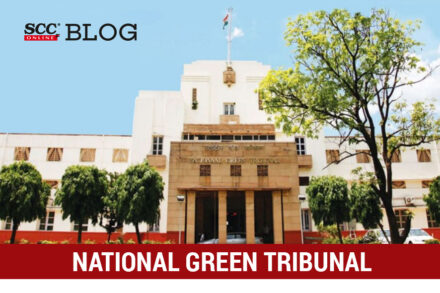
National Green Tribunal said that the State has to take precautions to prevent such incidents in future, apart from paying compensation with liberty to recover the same from the entity.

The Supreme Court observed that the entire acquisition proceedings and the benefits, which were proposed by the State Government to Anil Agarwal Foundation for setting up Vedanta University were vitiated by favourism and violative of Article 14 of the Constitution of India.
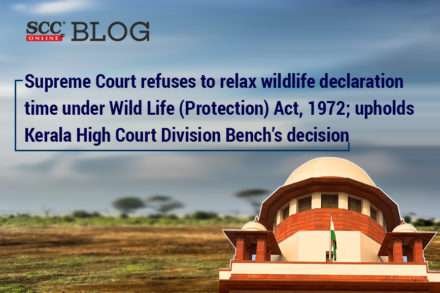
Supreme Court refused to allow relaxation of time for declaration of custody or possession of any captive animal or animal article.
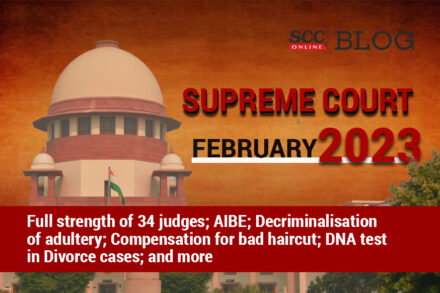
This roundup revisits the analyses of Supreme Court’s judgments/orders on validity of AIBE; ex-communication of Dawoodi Bohras; decriminalisation of adultery; permissibility of DNA test of children to prove allegations of adultery; and more. It also covers reports on the career trajectory & important decisions of Justice Surya Kant and Justice Dipankar Dutta and the newly appointed 7 judges of the Supreme Court; Explainers on important law points; and Cases Reported in SCC Weekly in the month of February.
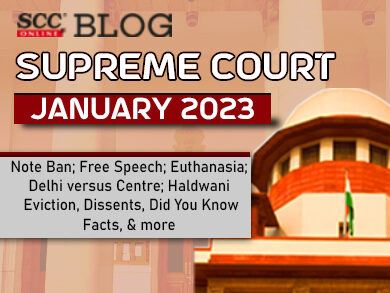
This roundup revisits the analyses of Supreme Court’s judgments/orders on constitutionality of Demonetisation; Freedom of Speech of Ministers; Guidelines to withhold life support of a terminally ill patients; Tussle between Delhi Government and Centre, and more. It also covers reports on Justice SA Nazeer’s retirement; the career trajectory & important decision of Justice CT Ravikumar; Explainers on important law points; five ‘Did You Know’ facts; Cases Reported in SCC Weekly in the month of January; and a throwback from SCC Archives.
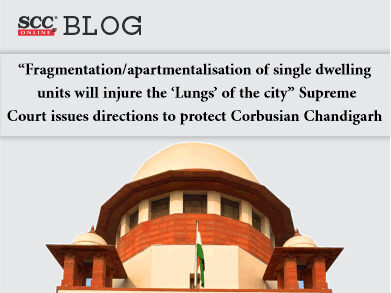
Taking note of the sorry state of affairs as to how the city of Bengaluru, once considered to be one of India’s best cities, a ‘Garden city’ has been ruined on account of haphazard urban development, the Supreme Court observed that the warning flagged by the city of Bengaluru needs to be given due attention by the legislature, executive and the policy makers and proper balance needs to be struck between sustainable development and environmental protection.
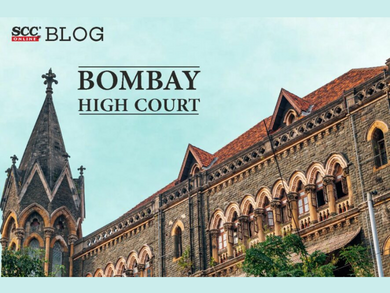
Bombay High Court: In a matter relating to India’s first bullet train project, which has received criticism from environmental activists
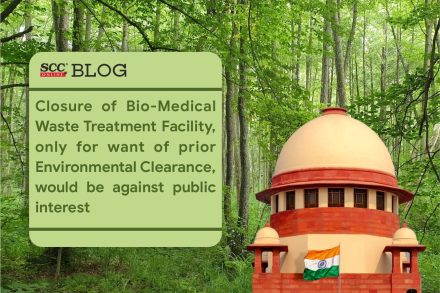
Supreme Court: In a case where the closure of a Common Bio-Medical Waste Treatment Facility was sought for want of Environmental Clearance
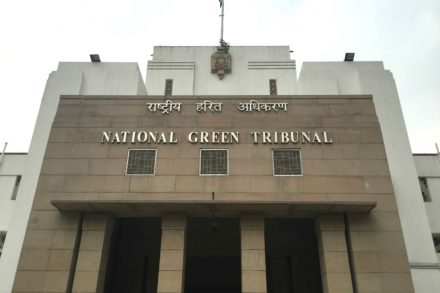
National Green Tribunal, New Delhi (NGT): The Bench of Adarsh Kumar Goel, J (Chairperson) and Sudhir Agarwal, J (Judicial Member) and Prof. A.
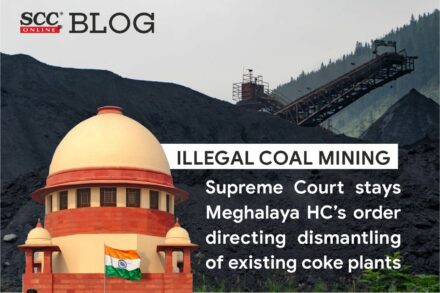
Supreme Court: In a case concerning illegal coal mining in the State of Meghalaya, the Vacation Bench comprising Surya Kant and J.B.
Meghalaya High Court: The Division Bench of Sanjib Banerjee, CJ. and W. Diengdoh, J. took up a petition on a matter pertaining
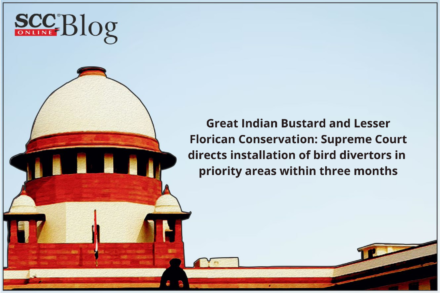
Supreme Court: In a PIL raising concerns for the protection of two rare species of birds, namely the Great Indian Bustard (‘GIB’)
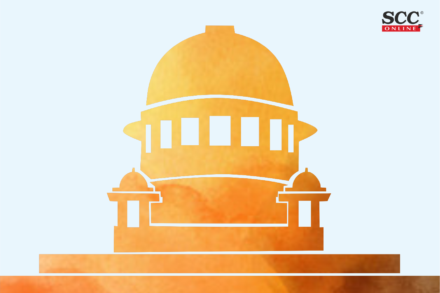
“Piecemeal implementation of some mitigation measures for protection of the environment, without any concrete strategy in place, cannot pass muster.”
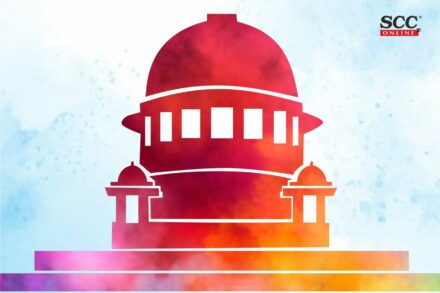
Supreme Court: In a case where a Project Proponent had adhered to the applicable legal framework for Environmental Clearance (EC) during the
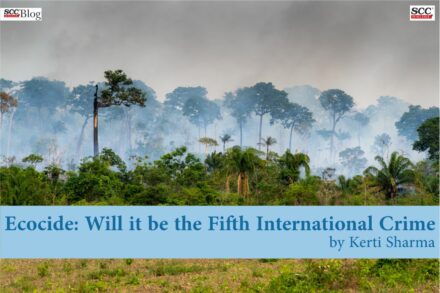
by Kerti Sharma*
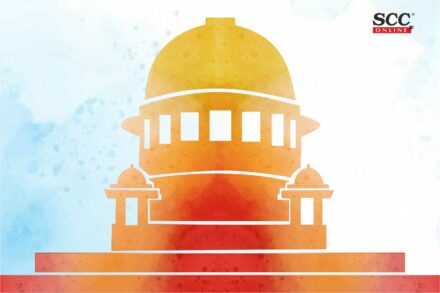
“When legal mining is banned, it gives rise to mushroom growth of illegal mining, resulting into clashes between sand mafias, criminalization and at times, loss of human lives.”